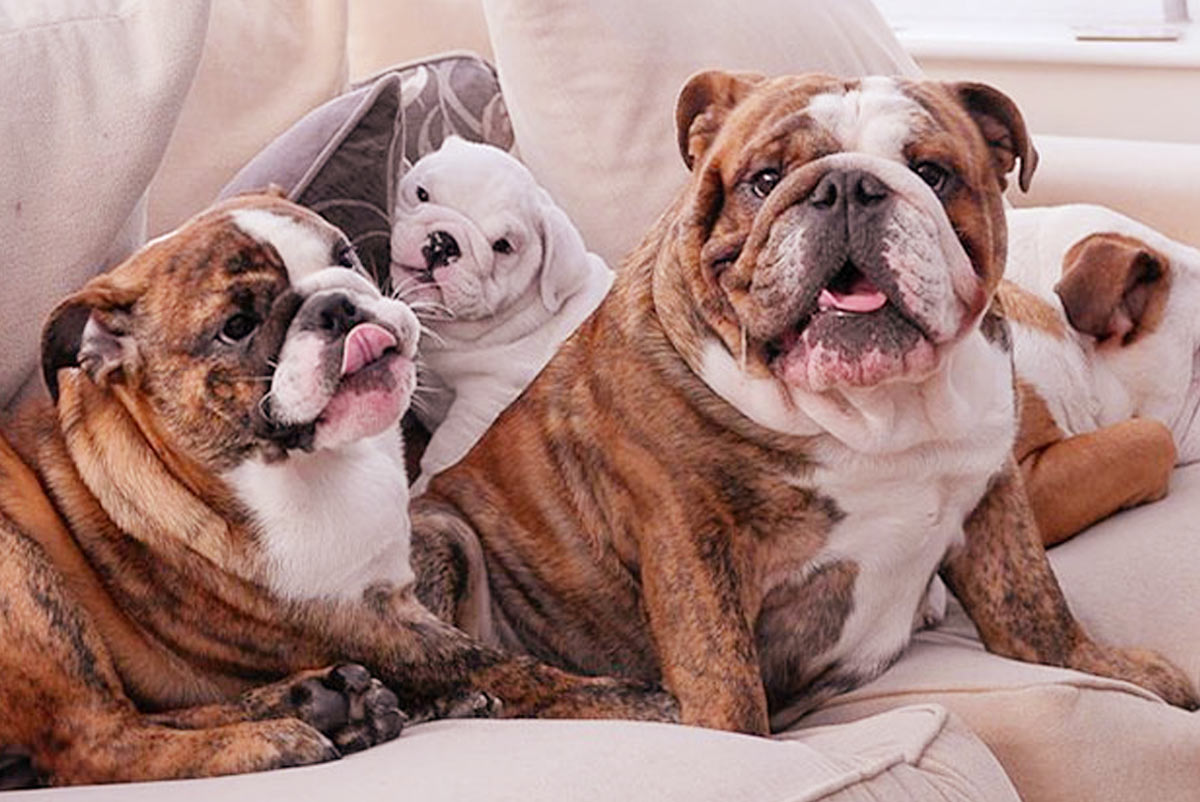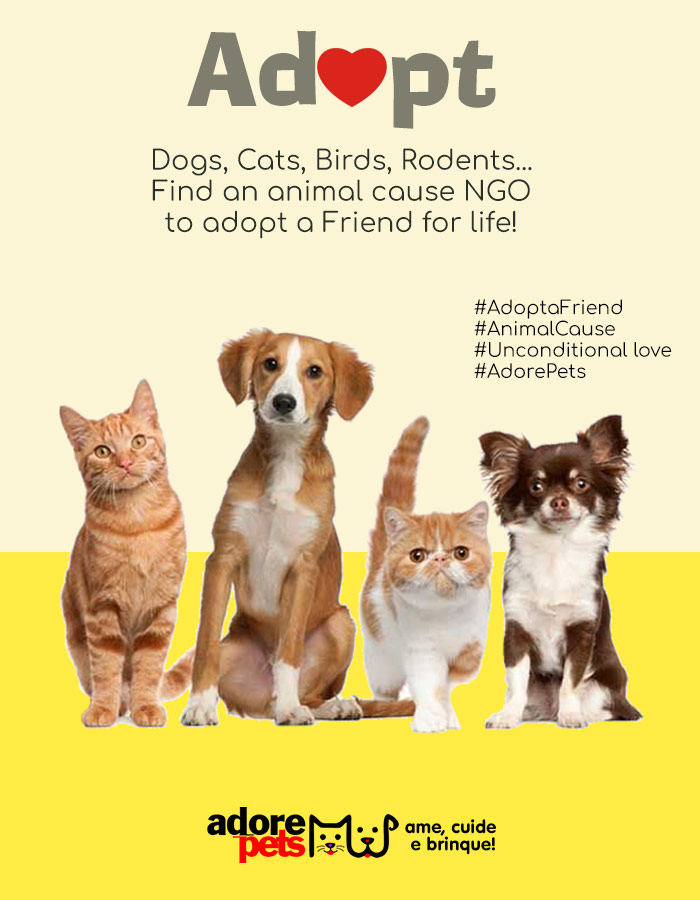In this article, we will explore everything you need to know about the English Bulldog, including care tips, personality traits, fun facts, and how they can become the perfect companion for you.
Origin and History of the English Bulldog
The history of the English Bulldog is fascinating and dates back to 13th century England. Originally, these dogs were bred for a brutal practice called "bull-baiting," where they fought bulls. The Bulldog's strength, endurance, and strong temperament made them ideal for this activity. However, over time, bull-baiting was banned, and the English Bulldog evolved into a companion dog, developing a gentler and calmer personality.
Today, the English Bulldog is known as one of the most loving and calm breeds, although its appearance still reflects the bravery and strength of its ancestors. They may appear intimidating due to their robust build, but in reality, they are very affectionate and excellent with children.
Appearance: Wrinkled and Adorable
When we talk about the English Bulldog, the first thing that comes to mind is their characteristic wrinkles. These skin folds are not only charming but also require special care. It’s important to clean these wrinkles regularly to prevent infections or skin irritations. Additionally, their prominent jaw and flat snout are other defining features, giving them a unique and often comical expression.
The English Bulldog has a muscular and compact body, weighing between 20 and 25 kg, with short, strong legs. Their coat is short and smooth, coming in a variety of colors such as white, brindle, brown, and even reddish tones.
Temperament: A Gentle Giant
Despite their robust appearance, the English Bulldog is truly a gentle giant. They are calm, lazy, and extremely loyal dogs. Their affectionate temperament makes them great companions for families, especially in homes with children. Additionally, they are very patient and rarely show aggression.
One of the highlights of the English Bulldog is their adaptability. They do well in both apartments and larger homes, as long as they receive attention and love. However, due to their calm nature, they tend to be less active than other breeds. This means that while they enjoy a daily walk, they don’t require intense exercise. The important thing is to ensure they don’t gain too much weight, as they are prone to obesity.

Essential Care: Health and Well-Being
When it comes to caring for the English Bulldog, several health issues require special attention. Due to their flat snout, they can have breathing difficulties, especially in hot weather. Therefore, it is important to avoid exposing them to extreme heat and ensure they always have access to fresh water.
Another point to consider is cleaning the wrinkles. These skin folds need to be cleaned regularly to prevent dirt and moisture build-up, which can lead to infections. A soft towel and a suitable dog cleanser are enough to keep the wrinkles clean and healthy.
As mentioned earlier, the English Bulldog tends to gain weight easily, so it is essential to control their diet and ensure they get moderate exercise.
Socialization and Training
Although the English Bulldog has a calm temperament, early socialization is highly beneficial. This helps ensure they grow up confident and interact well with other animals and people. Due to their stubborn nature, training can be a bit challenging, but with patience and positive reinforcement, it is very achievable. They are intelligent but may be a bit lazy when it comes to learning new commands.
The ideal is to start training from puppyhood, teaching basic commands like "sit," "stay," and "come." Treats and praise are always welcome and help motivate the Bulldog during the learning process.
Fun Facts About the English Bulldog
- National Icon: The English Bulldog is considered a national symbol of England, representing strength and determination.
- Royal Dog: Queen Victoria was a big admirer of the breed and kept Bulldogs at her palace during her reign.
- Popular Mascot: Many universities and sports teams have adopted the English Bulldog as a mascot due to its strong and resilient appearance.
An Unforgettable Companion
The English Bulldog is a charming breed that combines strength, affection, and a touch of laziness in an irresistibly wrinkled package. Ideal for families and people looking for a calm, loyal, and loving dog, they will undoubtedly win the hearts of anyone with their unique personality. If you're considering adopting an English Bulldog, remember that they require special care with their health and hygiene, but the love and loyalty they offer in return make it all worthwhile.
Share this content with your friends on social media and help more people discover and fall in love with this special breed!
People Also Ask
What breed of dog has a wrinkled face?
The English Bulldog is one of the best-known breeds for its wrinkled appearance. These skin folds around the face and body are a hallmark of the breed, in addition to its docile and friendly temperament. Another example is the Shar Pei, also famous for its wrinkles covering its body.
What breed is the Shar Pei?
The Shar Pei is a breed that originated in China, known for its loose and wrinkled skin. In addition to its unique appearance, the Shar Pei is known for being a loyal, protective, and independent dog. Its characteristic wrinkles and blue tongue make it one of the most curious and distinct breeds.
What is the name of the breed of dog with a squashed face?
The English Bulldog is one of the most famous breeds with a "squashed face," characterized by its short and flat snout. Another breed with this characteristic is the Pug, known for its amusing facial expression and flat snout, giving the dog a charismatic and charming appearance.
How much does a wrinkled dog cost?
The price of a wrinkled dog, like the English Bulldog or Shar Pei, can vary significantly depending on factors such as lineage, breeder, and location. Generally, the price can range from R$ 4,000 to R$ 12,000 in Brazil. It’s also important to consider the costs of maintenance and health care when acquiring one of these breeds.

















Add comment